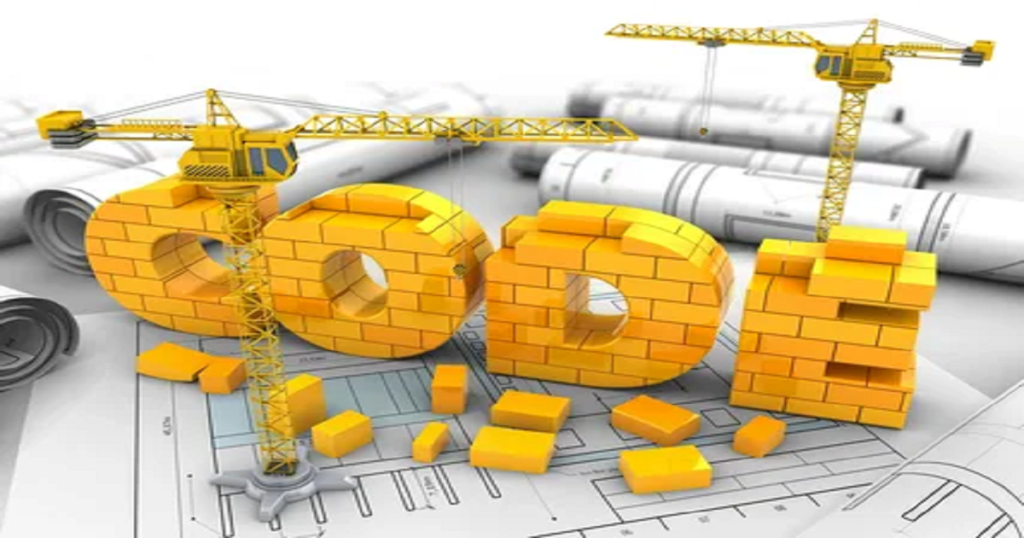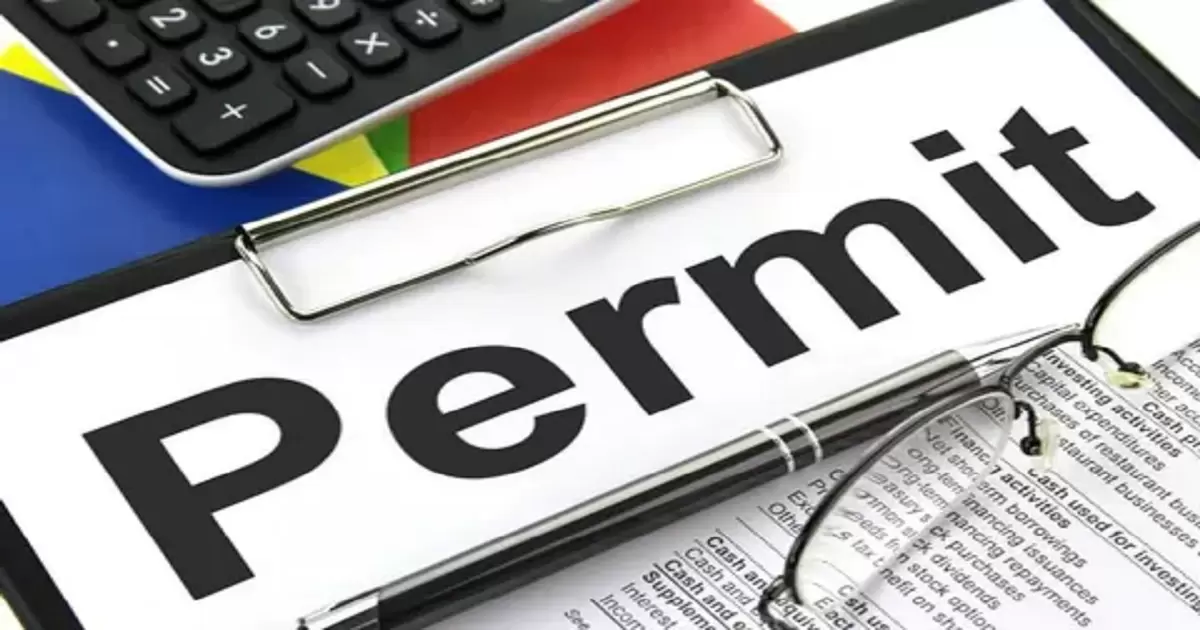If you’re wondering whether you need a permit for a Jacuzzi, it’s essentially a legal authorization required in many places before you can install or set up a Jacuzzi on your property. This permit ensures that you adhere to local building codes and safety regulations.
Do you Need a Permit for a Jacuzzi? It’s a question that could save you from potential headaches. Understanding the permit requirements specific to your area is crucial to avoid fines and legal issues down the road.
In some regions, regulations around Jacuzzi permits may encompass factors like installation location, size, and safety measures. It’s important to contact your local building department or municipal office to get the information you need to enjoy your Jacuzzi without any hitches.
Understanding Local Regulations
Do you Need a Permit for a Jacuzzi? Understanding local regulations is crucial when it comes to installing a Jacuzzi. Local regulations can be like a puzzle, with each piece representing a specific requirement. These regulations vary from place to place, and whether or not you need a permit for your Jacuzzi largely depends on your local government’s rules.
Before taking the plunge and investing in a Jacuzzi, it’s essential to do your homework. Start by reaching out to your local building department or municipal office to find out about the specific requirements in your area. Factors such as the Jacuzzi’s location, size, and safety features may all influence the need for a permit. By understanding the local regulations, you can ensure a smooth and hassle-free installation process, avoiding any potential fines or legal issues down the line. So, if you’re considering a Jacuzzi, don’t forget to ask, Do you Need a Permit for a Jacuzzi?
Zoning Laws and Jacuzzi Permits
Zoning Laws and Jacuzzi Permits are essential considerations for anyone looking to install a Jacuzzi on their property. Zoning laws dictate how you can use your land and the structures you can build. These laws vary by location, so it’s crucial to understand the zoning regulations in your area. Some areas may have restrictions on where you can place a Jacuzzi or the distance it should be from property lines or buildings. Violating zoning laws can lead to costly fines and the removal of your Jacuzzi.
Jacuzzi permits, on the other hand, pertain to the legal authorization needed for Jacuzzi installation. The permit process ensures that your Jacuzzi adheres to local building codes and safety standards. Before you start your Jacuzzi project, contact your local building department to learn about the specific permit requirements in your area. By understanding both zoning laws and Jacuzzi permits, you can enjoy your Jacuzzi without legal hassles and ensure it’s placed in
| Aspect | Zoning Laws | Jacuzzi Permits |
| Definition | Land use rules | Permit required |
| Purpose | Regulate land | Ensure compliance |
| development | with safety & | |
| and use | zoning rules | |
| Scope | Varies by area | Typically needed |
| Setbacks, height | for outdoor | |
| Jacuzzis | ||
| Authority | Local government | Issued by local |
| (city/county) | building dept. | |
| Consequences of | Fines, project | Fines, legal |
| Non-compliance | halts, legal | issues, delays |
| issues |
compliance with local regulations.
Building Codes and Safety
Building codes and safety regulations are fundamental for ensuring the well-being of individuals and the structural integrity of buildings. These guidelines are established by local, state, and national authorities to set standards for construction and maintenance. They cover various aspects, including structural stability, fire safety, electrical systems, and plumbing.
Adhering to building codes is essential when constructing or renovating a building. These codes help prevent accidents, ensure buildings can withstand natural disasters, and safeguard against health hazards. For instance, they dictate the placement of smoke detectors, the strength of building materials, and accessibility features for people with disabilities.
Failure to comply with building codes can result in legal troubles, costly repairs, and, most importantly, risks to human life. It’s crucial for builders, contractors, and homeowners to be well-informed about and follow these regulations to create safe and resilient structures. Building codes provide the framework for a secure and habitable environment, promoting public safety and peace of mind for all.

Permitting Process
The permitting process is a necessary step when you want to build or modify structures like homes, businesses, or even install items like a Jacuzzi. It involves obtaining the required legal authorization from your local government or building department to ensure that your project complies with safety codes and regulations.
Typically, the permitting process starts with submitting an application that outlines your project’s details, including its purpose, specifications, and location. Once submitted, the local authorities review your application to verify that it meets all the necessary requirements. This review process may take some time, depending on the complexity of your project and the workload of the local department. If your application is approved, you’ll receive the necessary permits to move forward. If not, you may need to make adjustments to your project to meet the local regulations and then resubmit your application. It’s a crucial process to ensure safety and compliance with the law when making changes or additions to your property.
Exceptions and Variations
Exceptions and variations are an inherent part of life and systems, adding diversity and complexity to our world. In many cases, rules and norms have exceptions that arise due to unique circumstances, creating flexibility and adaptability. These exceptions can provide opportunities for innovation, problem-solving, and creativity.
Moreover, variations among individuals, cultures, and systems bring richness and depth to our experiences. They allow us to appreciate diversity, learn from different perspectives, and adapt to changing environments. In the grand tapestry of life, exceptions and variations serve as the threads that weave together a dynamic and ever-evolving society, enriching our collective human experience. Embracing these exceptions and variations can lead to a more inclusive, open-minded, and resilient world where we can navigate the complexities of existence with grace and understanding.
Consequences of Not Getting a Permit
Not obtaining the necessary permits for your construction or installation project can lead to a series of adverse consequences. Firstly, it can result in hefty fines and penalties. When you proceed without a permit, you’re essentially breaking the law, and authorities can impose financial sanctions as a consequence. These fines can quickly add up and significantly increase the overall cost of your project.
Furthermore, failing to get a permit may also lead to legal issues and project delays. If your construction doesn’t comply with local regulations, you might be forced to halt the project until the necessary permits are obtained, causing unwanted delays. It’s not just about the money; it’s about ensuring your project proceeds smoothly and within the boundaries of the law. Always check with your local authorities to understand the permit requirements, saving yourself from the potential consequences of not getting one.
FAQs
Is a permit required for installing a Jacuzzi?
In most cases, yes. The need for a permit depends on your local building codes and regulations.
What factors determine the requirement for a Jacuzzi permit?
Permit requirements are typically influenced by factors like location, size, and whether you plan to install it indoors or outdoors.
Where should I inquire about the need for a Jacuzzi permit?
Contact your local building department or municipal office to find out the specific permit requirements in your area.
Are there any common regulations associated with Jacuzzi permits?
Common regulations may include setback requirements, electrical and plumbing codes, and safety features like fencing.
What happens if I install a Jacuzzi without the necessary permit?
Installing a Jacuzzi without the required permit can lead to fines, penalties, and even the removal of the Jacuzzi in some cases. Always check local regulations.
Conclusion
In the world of Jacuzzis, permits can be quite the puzzle. It’s crucial to understand that whether you need a permit or not depends on where you live. Local building codes and regulations play a major role in determining this. So, if you’re thinking about getting a Jacuzzi, your first step should be to contact your local authorities, like the building department or municipal office. They can provide you with the information you need to stay on the right side of the law.
Remember, failing to get the necessary permit can lead to unwanted fines and hassles. Regulations can vary, but taking the time to find out what’s required in your area will ensure your Jacuzzi enjoyment is hassle-free. So, before you take the plunge into Jacuzzi ownership, take the time to check whether a permit is part of the deal.








